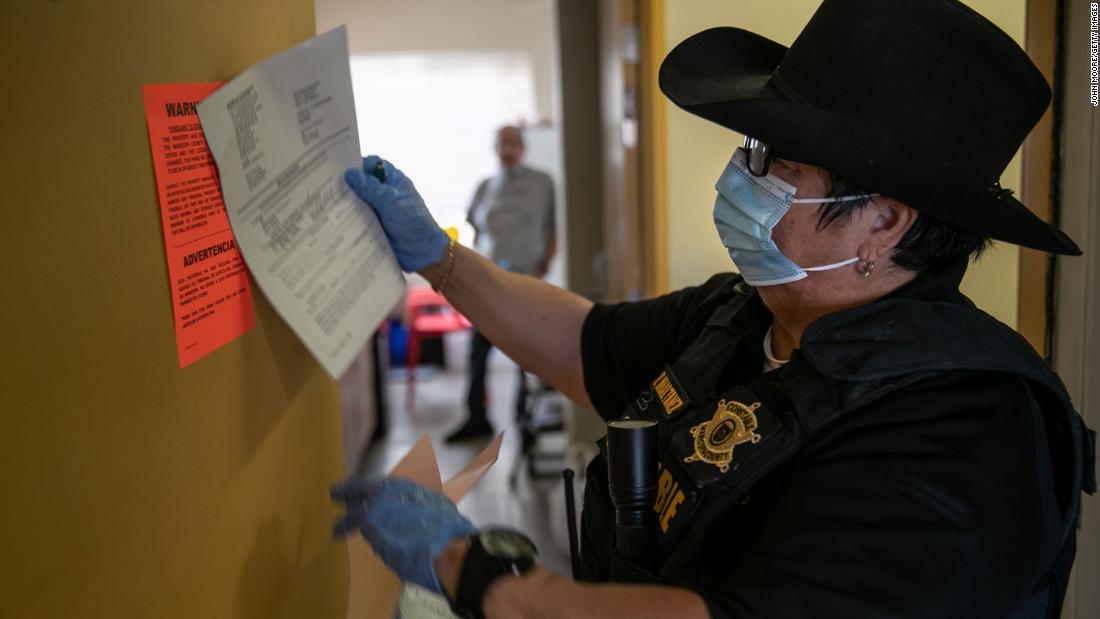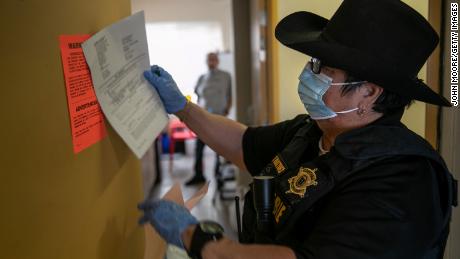What happens if Trump doesn’t sign the Covid relief package
As part of the historic broadening of jobless benefits under the CARES Act, lawmakers created three programs to help out-of-work Americans. While the $600 payment enhancement lasted only through July, the other two expire just after Christmas.
The Pandemic Unemployment Assistance program allows independent contractors, the self-employed and gig workers to qualify for payments. It also opens up the program to those who can’t work because of the pandemic, including if they or family members are ill or quarantining or if their children’s schools are closed.
Some 9.3 million people filed claims under this program in early December, according to the latest Department of Labor data.
Also, Congress created the Pandemic Emergency Unemployment Compensation program, which provides an additional 13 weeks of federally paid benefits to those who run out of state payments, which typically last 26 weeks. Nearly 4.8 million long-term unemployed workers were in this program earlier this month, according to the Department of Labor.
If these two key programs lapse, payments would end for more than 12 million Americans, according to an analysis by The Century Foundation.
But even if Trump signs the legislation, it would still take a few weeks for state unemployment agencies to reprogram their computers to continue these two programs and to add the new $300 weekly federal boost, said Michele Evermore, senior policy analyst for the National Employment Law Project. They first would have to receive guidance from the Department of Labor with the new rules.
While the benefits would be retroactive, the jobless would be left without any payments until their states are ready.
Eviction protection
An estimated 9.2 million renters who have lost employment income during the pandemic are behind on rent, or 23% of such renters, according to an analysis of Census Bureau data by the Center on Budget and Policy Priorities.
The relief package would extend the eviction protection to January 31 and provide $25 billion in rental assistance for those who lost their sources of income during the pandemic.
Coronavirus relief funds for states
Congress provided $150 billion to state and local governments to help them cover coronavirus-related expenses. But states have to use those funds by December 30.
States are on track to expend all the funds by the deadline, according to a National Governors Association survey of 42 states and territories. Most of the money has been used for health-related expenses, economic relief, education and child care, and government expenses.
The package would give states and localities an additional year to spend the money.
CNN’s Katie Lobosco contributed to this story.
![]()




